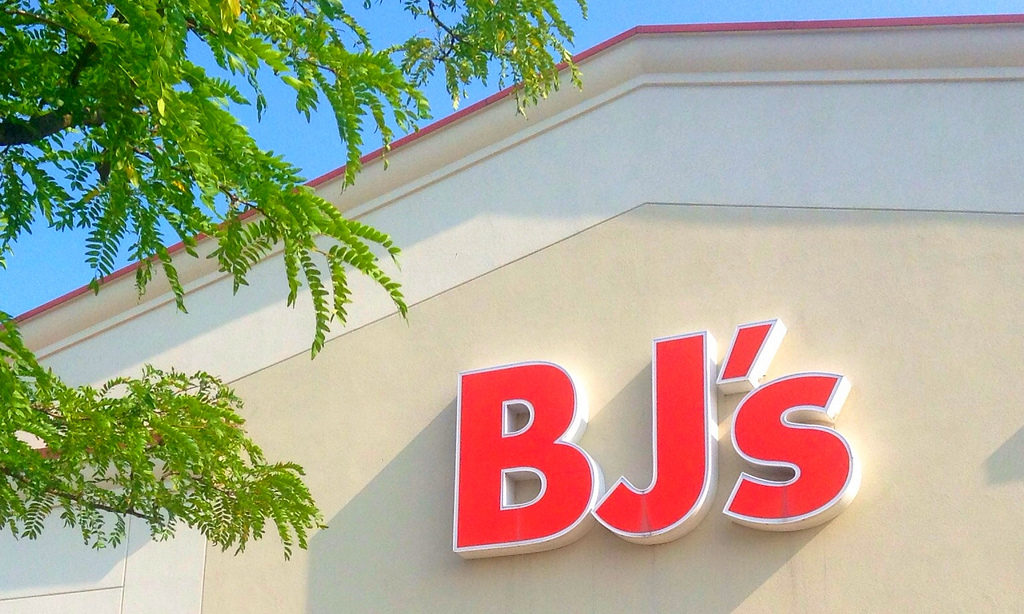
Figuring out how much sales tax is owed after applying coupons and other discounts can get awfully complicated. The laws vary among states, and even within states it can be confusing. So some stores just take the easy way out by charging sales tax on everything, sending it all to the state and letting them figure it out – leaving shoppers forced to overpay, with little recourse to get any of their overpayment back.
But perhaps not anymore.
A Florida judge has issued a potentially precedent-setting decision that could give overcharged couponers and other customers a fighting chance against sloppy sales tax assessments.
Judge John W. Thornton of the 11th Judicial Circuit in Miami has granted a shopper’s bid to have her lawsuit against BJ’s Wholesale Club certified as a class action. It’s a noteworthy development, even though the dispute is far from being resolved, because the case has now gone further than most others like it.
Laura Bugliaro sued BJ’s in 2015, after she bought two Samsung televisions that were reduced in price from $1,399.99 to $769.99, and $529.99 to $329.99. But after paying, she noticed she was charged sales tax on the full retail prices.
It’s a problem many shoppers and couponers have encountered before – when an item is discounted, exactly how much sales tax should you owe?
In Connecticut, Massachusetts, Missouri, Pennsylvania and Texas, sales tax is supposed to be calculated after all discounts, including both store and manufacturer coupons, are applied. In all other states, including Florida where Bugliaro lives, manufacturer-funded discounts and coupons do not reduce your taxable total, but store-funded discounts and coupons do.
So Bugliaro sued, arguing that the discounts on her TV’s were at least partially store-funded – an allegation that BJ’s confirmed.
So, cut-and-dry case, then? Hardly.
The problem is that states typically consider retailers to be mere middle men when it comes to collecting sales tax. The money ends up in the state’s coffers, not the retailer’s. So time and again, perfectly reasonable-sounding cases like this end up getting tossed out, because judges rule that the overcharged shoppers must appeal to the state for their money back instead of suing the retailer that overcharged them.
But not Judge Thornton.
In approving the class action designation of Bugliaro’s case, he rejected the state of Florida’s request to leave BJ’s out of it. Bugliaro had no standing to sue BJ’s, the state Department of Revenue argued, because Florida has a “comprehensive statutory scheme for resolving tax disputes.” Such a “scheme” means retailers are essentially free to charge as much tax as they’d like, no matter what state law says about taxing discounts and coupons. And overcharged shoppers are forced to ask the state for their money back. Every time they’re overcharged. Every time they shop.
Of course, that’s rather unwieldy and doesn’t seem entirely fair. It ends up meaning that states get to keep more tax revenue than they are owed, and retailers that are granted a portion of the sales tax they collect as a “service fee” from the state, get to keep even more as well. And overcharged shoppers get stuck footing the bill, unless they follow that “comprehensive statutory scheme for resolving tax disputes”.
Judge Thornton ruled that the legislature gets to make the laws, but the courts get to review them. Florida courts “have the authority and duty to construe tax laws, amongst other statutory schemes implemented by the Legislature,” he declared in dismissing the state’s argument.
So already, this case has now advanced beyond many others like it in other states, where judges have ruled that shoppers need to fight it out with the state and leave the store and the courts out of it.
In fact, BJ’s was the defendant in one of those cases recently. Two Pennsylvania couponers sued the store for charging sales tax before their coupons were applied on some Glade PlugIns refills. And after several years of fighting to get BJ’s to change its ways – and to get the 38 cents back that they were overcharged – the courts tossed the case. So they went about seeking a refund from the state – and the state ended up finding a reason to deny their claim.
But Bugliaro’s lawsuit will now proceed on behalf of every Florida shopper who was overcharged while taking advantage of store discounts or using store coupons at BJ’s. And retailers and shoppers in other states may be watching closely. If this case ends in Bugliaro’s – and all other Florida shoppers’ – favor, and other courts learn from Judge Thornton’s example, then looking for deals and using coupons may no longer cost you more than it should.










